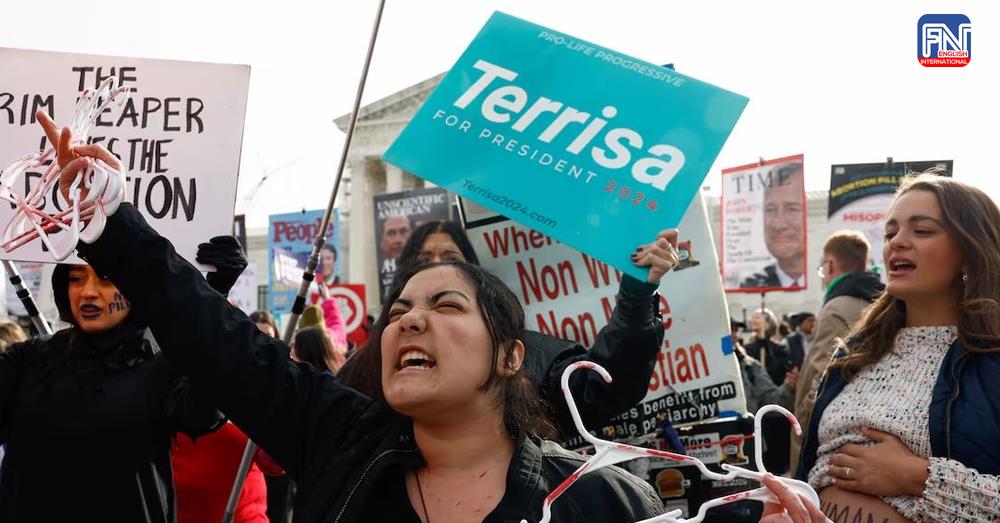WASHINGTON, Mar. 26 (Reuters) - The U.S. Supreme Court on Tuesday signaled that it is unlikely to limit access to the abortion pill as the justices appeared skeptical that the anti-abortion groups and doctors that are challenging the drug have the needed legal standing to pursue the case.
The justices heard arguments in an appeal by President Joe Biden's administration of a lower court's ruling in favor of the plaintiffs that would limit how the medication, called mifepristone, is prescribed and distributed. The case places reproductive rights back on the Supreme Court's agenda in a presidential election year.
The Food and Drug Administration's (FDA) regulatory actions at risk in the case include allowing for medication abortions at up to 10 weeks of pregnancy instead of seven, and for mail delivery of the drug without a woman first seeing a clinician in-person.
The justices spent much of the arguments focusing on whether the plaintiffs had the legal standing to bring their claims of imminent injury by the FDA's actions. The plaintiffs have said they will be forced to violate their consciences by handling emergency complications that may arise in women who take the medication, which the FDA approved in 2000.
Solicitor General Elizabeth Prelogar told the justices that the plaintiffs do not come "within 100 miles of the kinds of circumstances" needed to show legal injury.
Conservative Justice Brett Kavanaugh highlighted the existing federal laws that already shield medical personnel from having to perform or assist in abortions.
"Just to confirm on the standing issue, under federal law, no doctors can be forced against their consciences to perform or assist in an abortion, correct?" Kavanaugh asked Prelogar.
"Yes," Prelogar replied, "we think that federal conscience protections provide broad coverage here."
The administration has said the "conscience" harms voiced by the challengers are especially remote from the FDA's actions because they specifically relate to being to forced to perform or complete an abortion.
Conservative Justice Amy Coney Barrett agreed that for these plaintiffs, "the conscience objection is strictly to actually participating in the abortion to end the life of the embryo or fetus." But Barrett told Erin Hawley, a lawyer with the Alliance Defending Freedom conservative religious rights group representing the plaintiffs, that the medical association member doctors did not provide evidence they ever participated in such an event.





